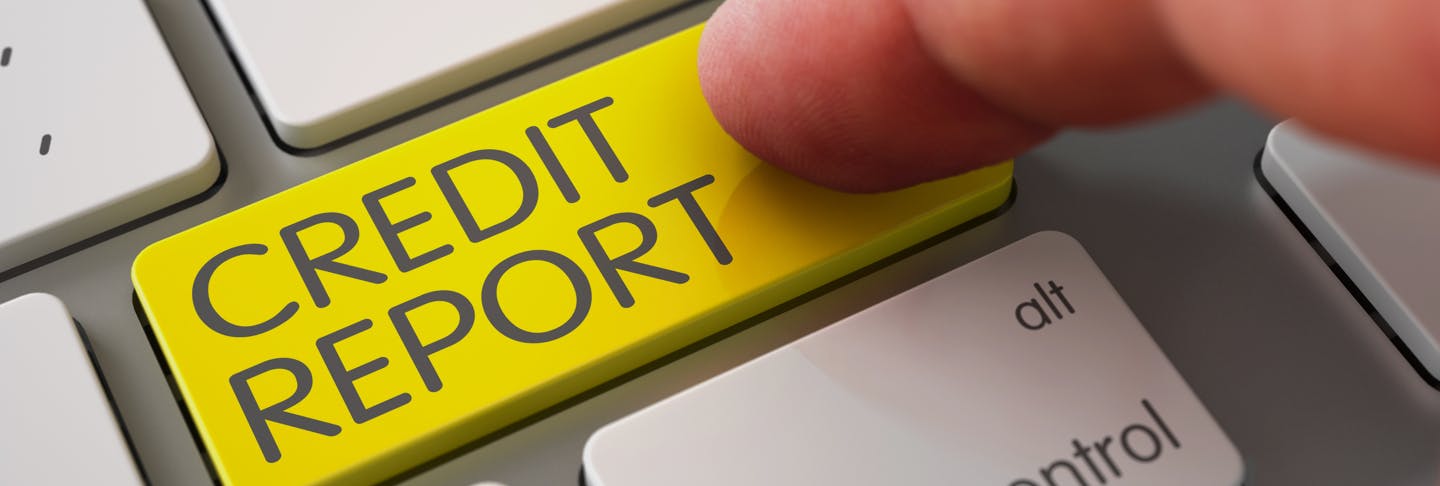What You Should Know About Your Credit Report
You should review your credit reports every year and, if necessary, take the time to clean them up. Mistakes on your report(s) can negatively affect your credit score, which is used by lenders to determine if they’ll lend you money and, if so, the interest rate you’ll pay. Some employers review credit reports, too, so faulty info could even affect your chances of landing that new job.
What does it mean to clean up your credit report?
Cleaning up your credit report means identifying, removing, or fixing inaccurate and outdated information – whether it is an incorrect notation about how an account was closed, dated information about a bankruptcy that should no longer appear on your report, or accounts that simply aren’t yours.
Be careful of credit repair companies that claim they can “repair your credit” or miraculously “boost your credit score”. Cleaning up your credit report does not mean hiring a credit repair company to remove delinquent accounts or eliminate other unfavorable entries that are legitimate. When it comes to rightfully removing inaccurate or old information from your reports, you can do that yourself with a little patience – and without the credit repair companies.
First, get copies of your credit reports
You probably only need to order credit reports from the three main credit reporting agencies (known as “CRAs”) – Experian, Equifax, and TransUnion. By law, you are entitled to one free copy from each CRA every 12 months. And because each report may contain different information, you should order a report from all three.
There are also specialty CRAs such as the Lexis Nexis Personal Reports or Medical Information Bureau. Some of these track information specifically about tenants for use by landlords. Others may contain more personal information and are used by employers and insurers. You’re entitled to one free annual report from these agencies as well – although determining which ones have a file on you could be a bit of a challenge.
Review your reports
In general, any adverse information that is more than seven years old can be legally removed.
Carefully review each report for any entries that are inaccurate or incomplete. Here are some examples of what to look for:
- Debts and Loans: Make sure any listed amount of each debt and loan is correct. Make sure there are no duplicates. And verify your payment history is accurate
- Defaults: You may see defaults if you made a payment more than 60 days late. If you have paid an overdue payment in full, make sure your report reflects that.
Check that your basic information is correct, such as:
- Your name, date of birth, and address.
Contact the credit reporting agencies
Make a detailed list of anything you believe is inaccurate, outdated, or even missing. Then, gather supporting documentation that will backup your position. For example, if you closed an account that’s still reported as open, you’ll need to prove that it’s closed. Send a detailed letter directly to the appropriate CRA requesting the corrections be made to your credit report(s) and provide the supporting information.
Remember, each CRA may report different information, so you’ll need to examine reports from each agency.
Links to each Credit Reporting Agency:
www.experian.com
www.equifax.com
www.transunion.com
Spring is the perfect time for cleaning, so reviewing your credit reports every spring will keep your credit score in the best shape it can be.
Visit myFICO.com to learn more about how to track, monitor, and manage your credit scores.
